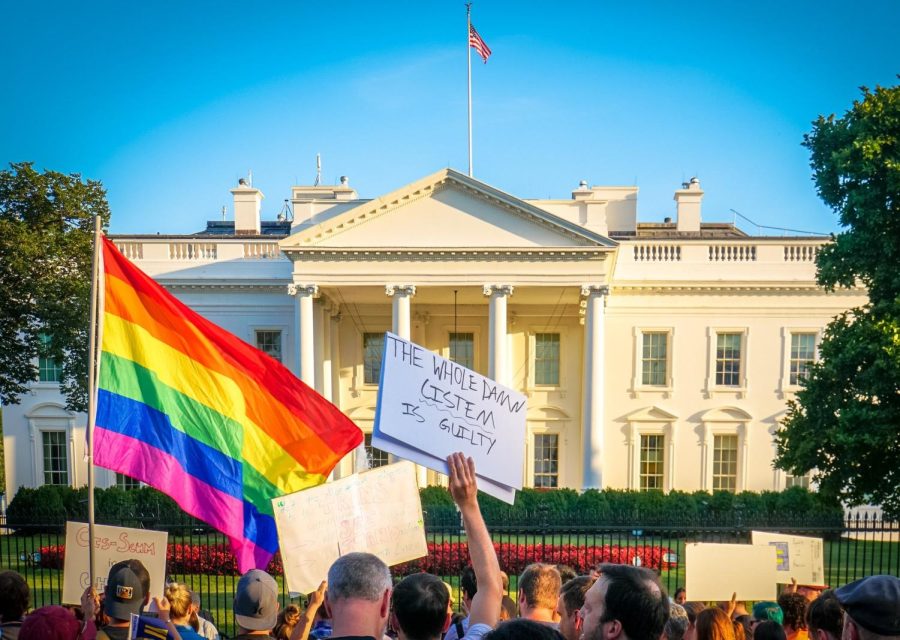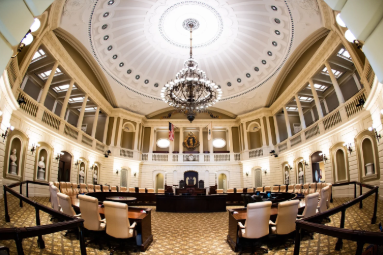The Respect for Marriage Act Isn’t as Protective as Most Think
Protests and advocacy have all led to the Respect for Marriage Act, a huge step in the right direction for LGBTQ+ individuals and people of color.
December 9, 2022
It’s official, the Respect for Marriage Act passed the House of Representatives on Thursday and is on its way to the Oval Office for a signature. This is a milestone in the fight for minority and LGBTQ+ rights that has been praised by politicians and activists alike, but not everything is cut and dry. It’s possible that the bill is being misrepresented by Democratic leaders, and has been criticized for not doing enough to protect same-sex and interracial couples.
Since the overturning of Roe v. Wade, there have been worries that the Supreme Court may also overturn the cases Obergefell v. Hodges and Loving v. Virginia, which protect same-sex and interracial marriages. Civics teacher Daniel Segal was able to give some insight on the subject.
He explained, “The way the current court determined that abortion was a state issue and not something the federal government should decide indicated that they may do the same thing with marriage rights. If that were to happen, about half of the states would automatically make same-sex marriage illegal based on old laws that were never taken off the books.”
The Respect for Marriage Act has been presented as a solution to this problem, but the bill’s protections only extend so far. The legislation requires that all states legally recognize same-sex and interracial couples, but it does nothing to prevent states from restricting or outright banning these unions. The bill also permits businesses to refuse service related to weddings of same-sex and interracial couples, and it doesn’t recognize or protect polygamous marriage, or a marriage with more than two partners.
People are rightfully upset about this, and have criticized leaders for their dishonesty about the bill. Junior Keria Faith expressed her frustrations, saying, “It’s honestly sad that we’re even still talking about this…like, the fact that interracial and gay couples are up for debate? That’s ridiculous.”
The good news is that President Biden has expressed his support for the legislation and will be signing it soon, so people of color and LGBTQ+ individuals will be assured some protections. There’s still a long way to go, and change might be slow to pass more protective laws. Mr. Segal explains, “It is rare to see a controversial bill pass with bi-partisan support these days, so I am glad to see that the government was able to get this passed.”











